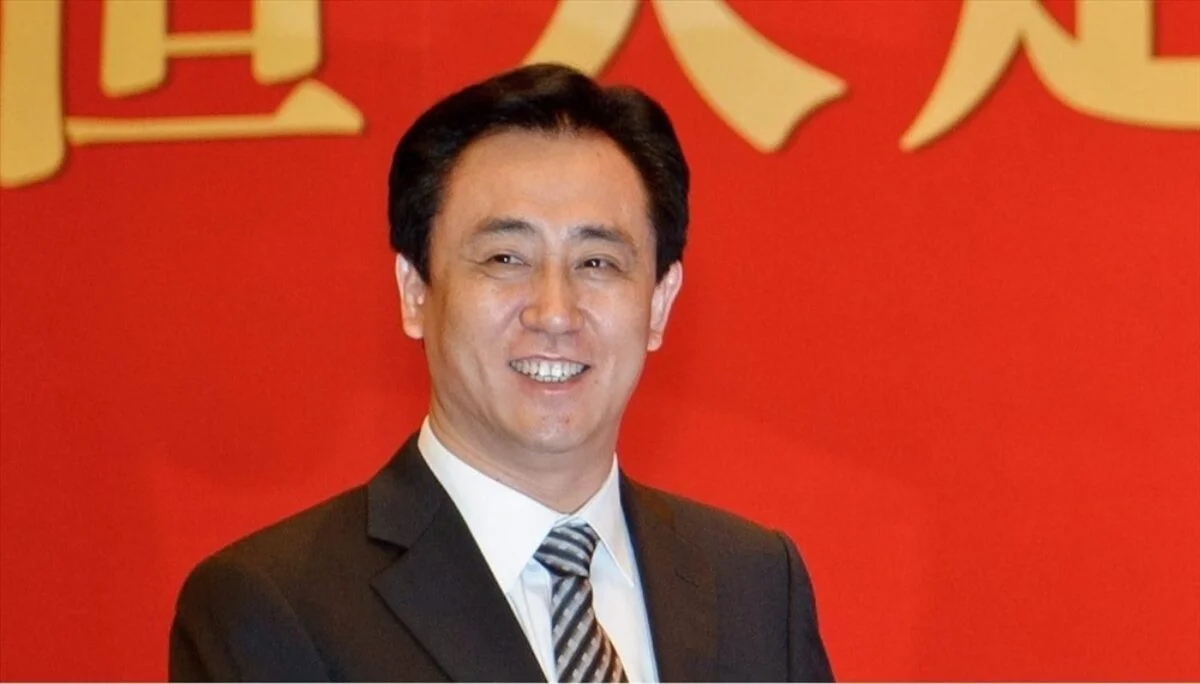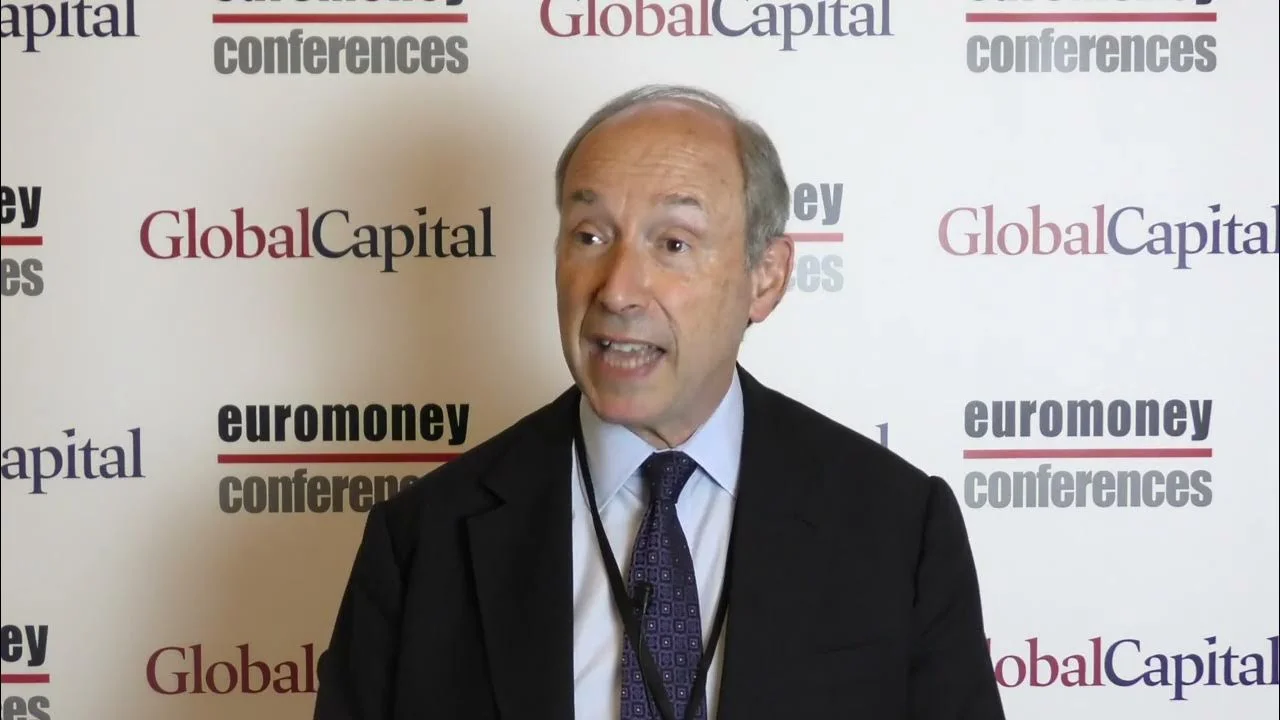Hui Ka Yan, the billionaire chairman of the troubled property developer China Evergrande Group, has been placed under police supervision, according to insiders who are familiar with the situation.
Earlier this month, Chinese authorities took Hui into their custody, and he is currently being kept at a specified location. These sources requested anonymity due to the sensitive nature of the matter.
The reason behind Hui’s residential surveillance is not clear. This form of police action is less severe than formal detention or arrest, and it does not necessarily mean that Hui will face criminal charges. However, it does restrict his freedom of movement and communication, in accordance with China’s Criminal Procedure Law. Hui has had to surrender his passport and identification cards to the police, but this situation should not last longer than six months, as stipulated by the law.
This latest development indicates that the troubles facing the world’s most heavily indebted property developer have entered a new phase involving the criminal justice system. Earlier this month, authorities took action against some employees in its wealth management division, and there were reports of two former executives being detained. This situation raises questions about the future of Evergrande, especially after recent setbacks to its restructuring plan, which caused turmoil in financial markets and increased the risk of a potential shutdown.
Gary Ng, a senior economist at Natixis Asia, commented, “It’s too early to predict that Evergrande will end up in liquidation, but the risk of this outcome is definitely growing. This situation also underscores the government’s stance that no developer in China is too big to fail.”
For Hui Ka Yan, who was once one of the wealthiest individuals globally when Evergrande’s stock was at its peak in 2017, this development marks yet another setback in his remarkable fall from grace. He was once considered one of China’s most politically influential businessmen, with diverse ambitions, including ventures in electric cars and soccer. However, he has now become one of the most prominent casualties of President Xi Jinping’s efforts to curb excessive borrowing and speculation in the real estate sector.
The Guangdong police and Evergrande have not responded to requests for comments.
Evergrande is at the center of a prolonged property crisis that has had a negative impact on the Chinese economy and has eroded confidence in the real estate market. Recently, the company announced that it had canceled important meetings with creditors and needed to reassess its plan for restructuring its international debt. Additionally, it revealed that it couldn’t meet the necessary regulatory criteria to issue new bonds, which is a crucial part of its debt overhaul. Meanwhile, its mainland subsidiary failed to repay a domestic debt.
The company is scheduled for a court hearing in Hong Kong on October 30 regarding a winding-up petition, which could potentially lead to its liquidation.
Gary Ng commented, “There’s still a possibility for Evergrande to come up with a new restructuring plan if it meets the regulatory requirements. However, this process might take longer than before, and it’s uncertain whether creditors would accept the likely less favorable terms.”
On Wednesday, Evergrande’s stock plummeted by 19% to HK$0.32, and the company’s dollar bond prices are still at very distressed levels, trading below 5 cents.
A Bloomberg Intelligence index that tracks Chinese developer stocks fell by 3.5%, marking its lowest point since 2011. Homebuyer confidence remains fragile as we approach a crucial holiday sales period that will test the effectiveness of recent stimulus measures.
Hui, who grew up in poverty as the son of a woodcutter, managed to transform Evergrande into China’s largest property developer by using borrowed money to acquire vast plots of land and acquire competitors. He then expanded into various industries, including bottled water, professional soccer, and electric vehicles.
At one point, he was Asia’s second-richest individual, but his fortune dwindled as his property empire faced challenges. According to the Bloomberg Billionaires Index, Hui’s current net worth is approximately $1.8 billion, down from $42 billion in 2017. Evergrande, on the other hand, has accumulated liabilities totaling 2.39 trillion yuan (equivalent to $327 billion).
The 64-year-old individual has been a member of the Communist Party for over thirty years. In 2008, he was elected to become a part of the Chinese People’s Political Consultative Conference, which is an exclusive group consisting of government officials and influential business figures. He was subsequently reelected for two additional five-year terms.
However, in 2021, things took a turn for the worse when Evergrande officially defaulted on its debts. Authorities from its home province of Guangdong began overseeing what is likely to be one of China’s largest debt restructurings.
Hui had been a member of the CPPCC’s prestigious 300-member standing committee since 2013. Unfortunately, he was instructed not to attend the annual convention in March of the previous year due to his property group suffering significant losses in the national credit crunch.
China’s central bank attributed Evergrande’s downfall to its “own poor management” and “reckless expansion.” The government has encouraged Hui to use his wealth to assist in repaying investors.


